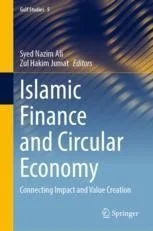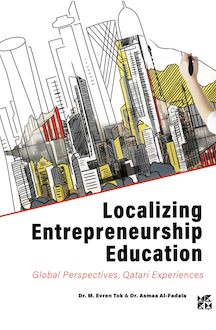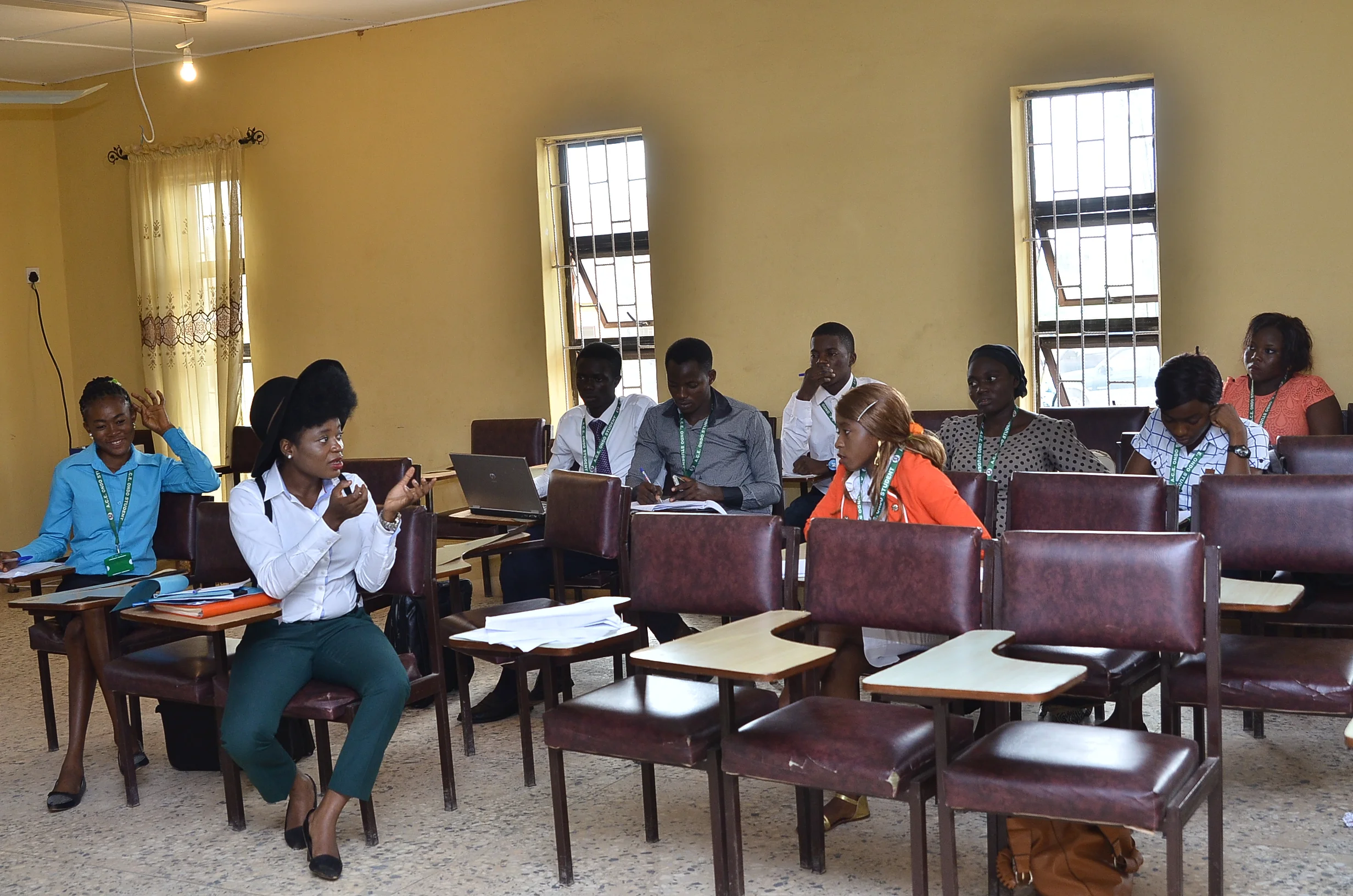Adenike Akinsemolu is a passionate environmental educator and author of numerous studies in sustainability. Her passion for the environment propelled her to start the green movement in Nigeria. Her most recent book, The Principles of Green and Sustainability Science is the first sustainability text to deal exclusively with sustainability issues in Africa while offering viable solutions for the problems besetting our societies, especially the environment and unemployment. She holds a Ph.D. in Environmental Microbiology and a Postgraduate Diploma in Education.
RECENT PUBLICATION
Highlights
Focuses on the principles of green and sustainability science using various case studies
Contributes to literature in the science and environmental field by providing information on the scientific aspects of sustainability
Offers extensive information on viable solutions for the problems besetting our societies, especially the environment and unemployment
Draws on insights from many experts with a diverse range of backgrounds in sustainability
The first text to deal exclusively with sustainability issues in Africa
EXPLORE
VIDEO
SDGs Coming to life: The United Nations, General Assembly's Event
CONFERENCES, SEMINARS SPEAKING ENGAGEMENT
BOOK CONTRIBUTIONS
Abstract
Currently, our consumption-driven society contributes to the production of a large quantity of waste every day in urban environments. Low recycling rates pressurize city authorities to handle waste more sustainably. Despite this pressure, waste management systems have paid little attention to the urban planning processes, compared to other sectors like energy or water. Consequently, there are perceptible significant gaps regarding waste management, and therefore, strategic waste management and an overly sustainable consumption model are necessary, particularly in developing countries that are quite vulnerable to the vagaries of climate change. This chapter presents a detailed comparison of waste management and zero waste attempts in Middle Eastern cities, notably Qatar, and in some contexts in sub-Saharan Africa, where interesting case studies may be found. Exploring these examples is instrumental to emphasize the challenges and opportunities in the Middle East and sub-Saharan Africa, thus, to offer insights on the role of zero waste, as part of a circular economy in the achievement of the sustainable development goals in developing countries. This chapter would also contribute to investigate the relationship between localization and zero waste strategies, henceforth how localization plays a key role in circular economy.
Authors: Tok, M.E., D’Alessandro, C., Akinsemolu, A., Khaled, B. (2021). Zero Waste Cities in the Developing World: A Comparative Study. In: Ali, S.N., Jumat, Z.H. (eds) Islamic Finance and Circular Economy. Gulf Studies, vol 5. Springer, Singapore. https://doi.org/10.1007/978-981-16-6061-0_13
About the Book
This book attempt to illustrate the reasons why entrepreneurship requires to be guided by morals rather than making profits. Various chapters highlights the necessity for an immediate response to create a balance between traditional and modern fast-moving economies like Qatar. Establishing the moral direction for entrepreneurship aids in establishing the link between capitalism and social cohesion, markets and culture, tradition and modernization, and localization and globalization.
It enlightens how this balance can be achieved and how Qatar’s economy was able to transition to a diversified knowledge-based economy while holding onto its strength and values.
This book is meant to enhance our knowledge of entrepreneurship in the local context. It exhibits the relationship between morals of the society, experiences and behaviors of entrepreneurs and entrepreneurship education (EE). It looks at the impacts of cultural values, norms and traits that need more reflection and thinking.
LATEST ARTICLE PUBLICATION
Highlights
Microorganisms can contribute tremendously to achieving the 17 sustainable development goals.
The literature on microorganisms and sustainability is enormous but fragmented.
This review seeks to unify microorganisms with social, economic and environmental growth.
The costs of the industrial set-ups remain a major hindrance in sustainable microbial processes.
A global partnership is vital for a cost-effective cleaner production and a sustainable ecosystem.
Highlights
This study shows the vulnerability of women to climate change in Ilaje coastal region of Nigeria.
The vulnerability of Ilaje women are due to economic, environmental, and sociocultural factors.
Ilaje women are custodians of local knowledge.
Gender inequality, capacity building and empowerment should be addressed in this region.
Involvement of Ilaje women is crucial for mitigation and adaptation of climate change.
RESEARCH INTEREST
Environmental Microbiology
Toxicology (Environmental Impact Assessment)
Sustainable Development
Green and Sustainable Science
Climate Change
Social Entrepreneurship
Gender and Environment
“We have to be deliberate about how we treat our environment- whether its by cycling or planting a few trees. Because when we are gone from this planet, we will be leaving it in the hands of those who come after us. We want to leave them a planet that will be comfortable for them. We want to create environmental legacies that they will imbibe and improve upon.”










